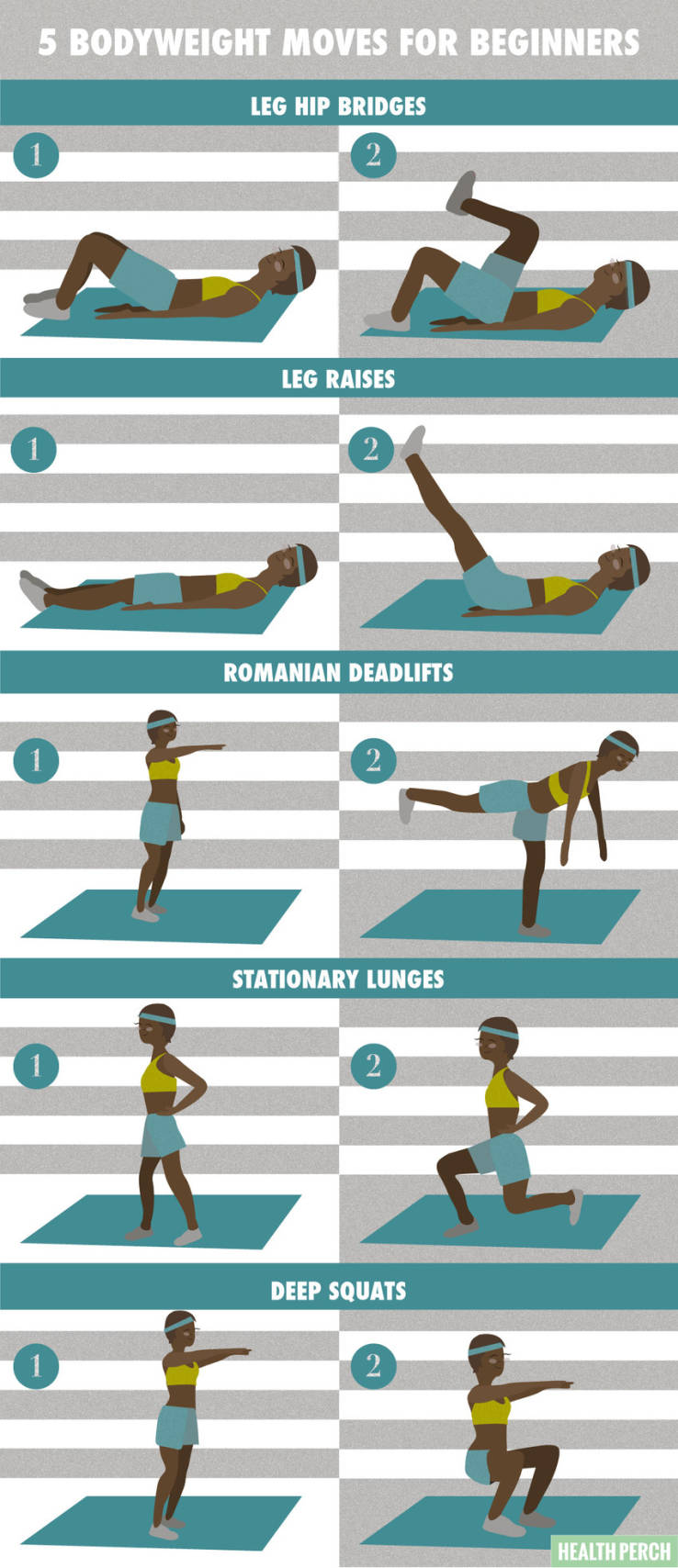Diabetes Diagnosis Garners Same Reaction as Death
 You’ve been diagnosed with diabetes and the words insulin, blood sugar and glucose can be scary, especially if you haven’t heard them before. Learning that there is no way to cure diabetes and realizing that you now have a chronic, lifelong disease can be stressful and can make you feel a whirlwind of emotions, including grief. The emotions that you feel after being diagnosed with diabetes are similar to those you feel when you’ve lost a loved one. Learning how to cope with these feelings is an important step in the management of diabetes.
You’ve been diagnosed with diabetes and the words insulin, blood sugar and glucose can be scary, especially if you haven’t heard them before. Learning that there is no way to cure diabetes and realizing that you now have a chronic, lifelong disease can be stressful and can make you feel a whirlwind of emotions, including grief. The emotions that you feel after being diagnosed with diabetes are similar to those you feel when you’ve lost a loved one. Learning how to cope with these feelings is an important step in the management of diabetes.
No Diabetes Cure – Coping is Important
It’s normal to experience grief after you are diagnosed with diabetes, you have to change your lifestyle completely and you may feel “different” than everyone else. All of a sudden your diet has to change, you have to monitor your glucose levels and you have to be aware of the life-changing complications that can arise because of this disease. Yes, feeling blue is a normal part of being diagnosed with diabetes but if the “sad” feelings stick around for extended periods of time, it may lead to depression. Depression is twice as likely to occur in people suffering from diabetes compared to those without diabetes. Depression is associated with poor blood sugar levels as well as an increased risk of diabetic complications and decreased quality of life. It is essential to properly manage your diabetes as high blood glucose levels have been associated with mood changes that can result in depression.
If you start to lose interest in activities that you once enjoyed, are feeling tired all of the time, are having difficulty sleeping or if you experience changes in your weight for extended periods of time, it’s time to speak to your doctor. Getting help to deal with the prolonged grief or depression that you are experiencing may be necessary to help you resume a normal life following a diabetes diagnosis.
RELATED READING: Is Diabetes Actually Reversible?
Managing Diabetes
After learning that you have diabetes, the goal is to accept the diagnosis. Once you have accepted it, you will be able to properly manage the condition. In order to keep your glucose levels in check, be sure to follow a diabetic diet. This involves eating healthy foods including fruits, vegetables, lean cuts of meat, whole grain products and low fat dairy products. Additionally, choosing foods that have low fat and low salt is advised. Regularly exercising is an important component for diabetes management. If you’re a smoker, quitting smoking is another important step. Be sure to brush and floss your teeth every day to prevent gum, teeth or mouth problems. Make sure to check your feet every day for cuts, sores, ulcers, etc. and get treatment right away if you notice changes to your feet. Check your glucose levels regularly to make sure that your blood sugar is in the normal range and if you have been prescribed medication to control your glucose levels, be sure to take it as directed. A step that many people forget is to speak to someone if you’re feeling down. You’re not alone, millions of people have diabetes and there are plenty of resources to help you with this chronic condition.
In the future there may be a way to cure diabetes, but for now, proper management of glucose intake and blood sugar levels is essential for those diagnosed with this chronic condition. Speaking to medical professionals to learn proper diabetic management techniques can help to ease fears that you may be experiencing. Dealing with the grief that you experience after a diabetes diagnosis will help you focus on the important things in life and will help you to manage your diagnosis properly.
-
How to Lose Weight Mindfully and Quickly During the Holidays
Im not a fan of the word diet. I encourage people to flip the le
-
Cellulean Reviews: An In-Depth Look At Cellulean
Are you sick and tired of those stubborn dimples on your legs and butt
-
Fat Loss Tips - Leading Causes Of Abnormal Weight Loss
Abnormal weight loss can be a disturbing
-
Will Diet Tea Help You Lose Weight?
With the percentage of persons who may b
-
The Scoop On Sugar
Whether you have a real sweet tooth or you are simply someone who regu
-
When Loved Ones Sabotage Your Diet
The hardest part of a diet is sticking with it. The cravings come, pa
- DON'T MISS
- Natural Colon Cleansing - Why is Colon Cleansing Essential?
- 12 Weight-Loss Secrets From Celebrity Chefs
- Is too much green tea bad for you?
- A Boot Camp Trainer Talks about How Can I Lose Weight
- Holidaze
- The Best Foods to Build Muscle and Lose Body Fat
- Top Weight Loss Plan for Your Child
- How to Increase Calorie Burn!
- The Top 10 Tips To Weight Loss Health And FitnessTip 3
- Oprah, Women, Food, and God and Skinny Thinking




